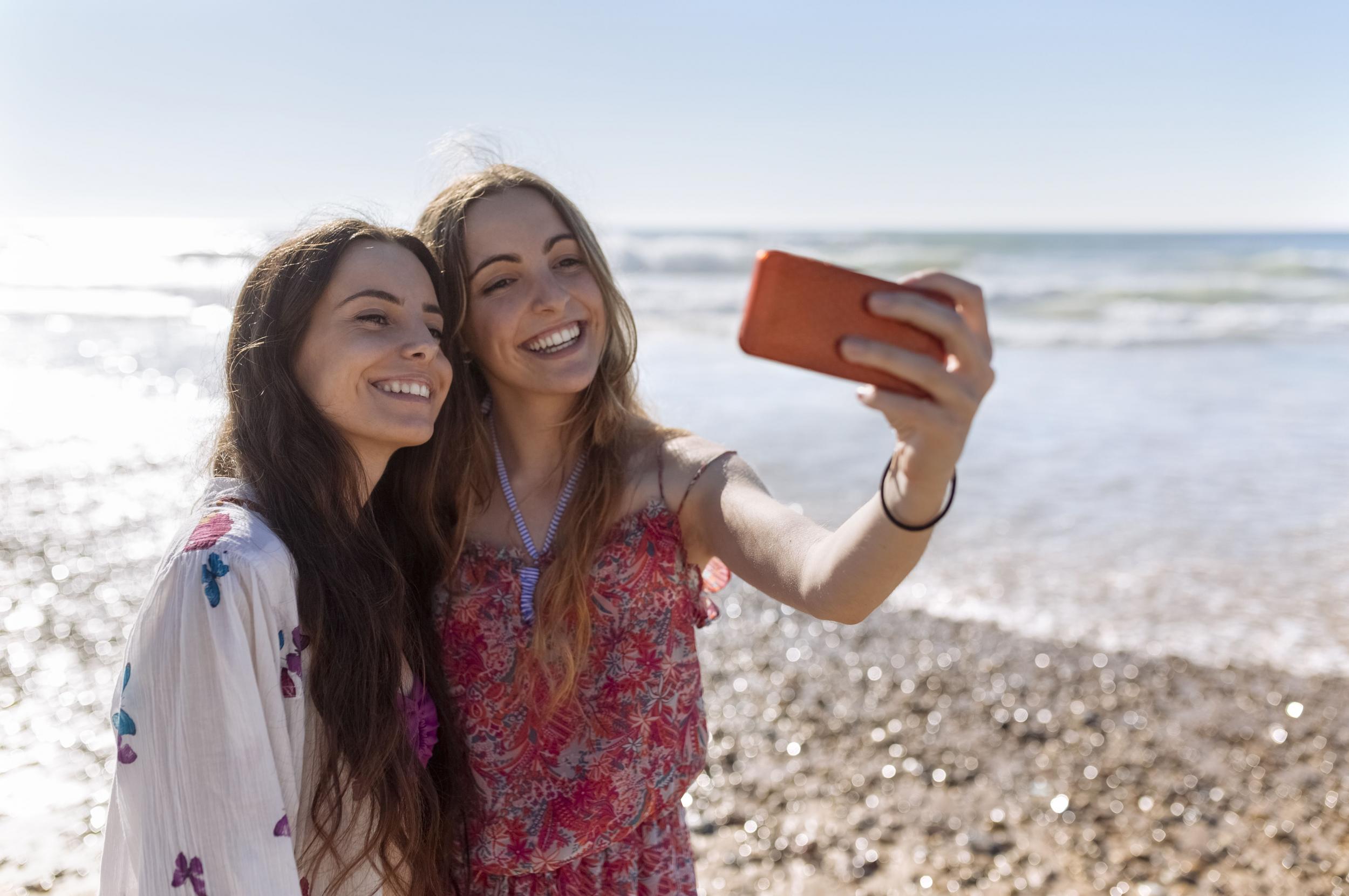Selfitis: Obsessive taking of selfies 'a serious psychological complex'
The term was first coined in 2014 in a satirical article but has now been recognised by the American Psychiatric Association

Your support helps us to tell the story
From reproductive rights to climate change to Big Tech, The Independent is on the ground when the story is developing. Whether it's investigating the financials of Elon Musk's pro-Trump PAC or producing our latest documentary, 'The A Word', which shines a light on the American women fighting for reproductive rights, we know how important it is to parse out the facts from the messaging.
At such a critical moment in US history, we need reporters on the ground. Your donation allows us to keep sending journalists to speak to both sides of the story.
The Independent is trusted by Americans across the entire political spectrum. And unlike many other quality news outlets, we choose not to lock Americans out of our reporting and analysis with paywalls. We believe quality journalism should be available to everyone, paid for by those who can afford it.
Your support makes all the difference.If you feel the urge to take selfies, you may have a genuine "psychological complex," research has suggested.
It's called selfitis, which is the ovsessive taking of selfies.
The term was first coined in 2014 as part of a spoof news article claiming selfitis was to be deemed a mental disorder by the American Psychiatric Association.
But researchers have looked into the phenomenon, after other technology-related disorders such as “nomophobia” or the phobia of not having a mobile phone to hand, have been studied.
Dr Mark Griffiths, of Nottingham Trent University's psychology department, said: “A few years ago, stories appeared in the media claiming that the condition of selfitis was to be classed as a mental disorder.
“While the story was revealed to be a hoax, it didn't mean that the condition of selfitis didn't exist.
“We have now appeared to confirm its existence and developed the world's first Selfitis Behaviour Scale to assess the condition.”
Through the study, which was carried out with 400 participants from India as the country has the most users on Facebook, the Selfitis Behaviour Scale was developed, which can be used to determine how severely people are afflicted by the condition.
Using a scale of one, for strongly disagree, to five for strongly agree, people can determine how acute their selfitis is by responding to statements such as “sharing my selfies creates healthy competition with my friends and colleagues”, and “I feel more popular when I post my selfies on social media”.
Researcher Dr Janarthanan Balakrishnan said: “Typically, those with the condition suffer from a lack of self-confidence and are seeking to 'fit in' with those around them, and may display symptoms similar to other potentially addictive behaviours.
“Now the existence of the condition appears to have been confirmed, it is hoped that further research will be carried out to understand more about how and why people develop this potentially obsessive behaviour, and what can be done to help people who are the most affected.”
PA
Join our commenting forum
Join thought-provoking conversations, follow other Independent readers and see their replies
Comments